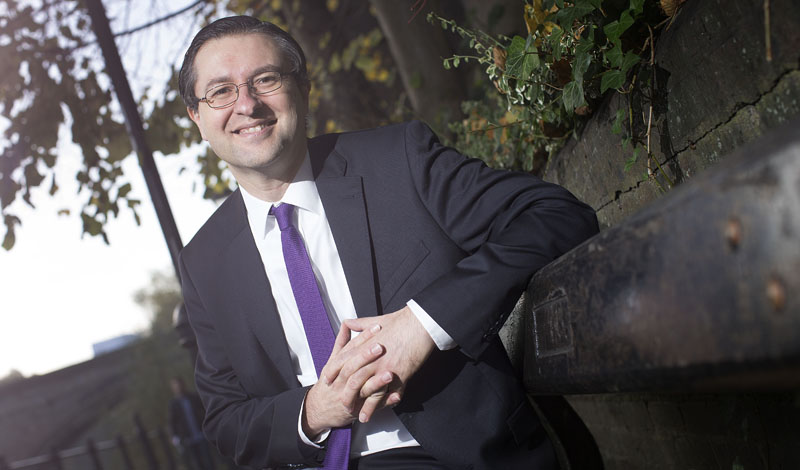A council budget that includes investing £112m in frontline services and the most ambitious regeneration plans in a generation has been approved.
Durham County Council’s Medium Term Financial Plan sets out spending plans and priorities from 2021/22 to 2024/25 and reflects the additional demands of the coronavirus pandemic.
At a full council meeting held online this week, councillors heard that robust planning had placed the local authority in a better position than many to respond to these challenges, allowing it to continue to invest in the services residents and businesses rely upon.
This includes work to maintain highways, enhancing town and village centres, employing more neighbourhood wardens to improve community reassurance, support for vulnerable residents and further climate change initiatives.
The plan will also see the council forge ahead with its bold capital programme in recognition of the vital role this will play in the county’s economic recovery from the pandemic.
Additional schemes valued at £88m have been added, bringing the total planned capital investment over the next four years to £484m.
Key projects include additional investment in leisure facilities, a £70m social house building programme to meet the need for more affordable homes and major transport schemes.
The Towns and Villages Programme, which is integral to the council’s regeneration strategy, will also receive an extra £5m to expand the three-year Towns and Village Investment Plan.
The plan already commits £20m to the county’s most disadvantaged communities and the additional £5m will be divided between the council’s 14 Area Action Partnerships for projects identified by local residents.
Cllr Simon Henig, leader of Durham County Council, said: “Together with investment in key economic sites designed to bring more than 30,000 new jobs to County Durham, I believe this represents the most ambitious plan for the county in a generation.
“This is despite the fact that by 31 March this year savings totalling more than £240m will have been delivered since 2010.”
Cllr Alan Napier, deputy leader of Durham County Council and Cabinet member for finance, said: “After a decade of austerity, which has placed immense pressure on local services, we have been placed in a situation of responding to the unprecedented challenges of supporting our residents, communities and businesses through this pandemic.
“We have received one-off coronavirus funding of £15.5m to cover the costs the council will be required to continue to meet in 2021 and 2022, but Covid-19 costs are difficult to accurately determine at this stage.
“What we do know is that we will face additional costs and loss of income and all of these need to be considered when setting the budget.
“Decisions we have taken in previous years to protect frontline service delivery and the strong financial management of this council over many years have meant that we have been able to rise to these challenges, despite the unfair and disproportionate cuts in funding that we have faced.”
Councillors also approved a 1.99 per cent increase in Band D council tax for 2021-22 with an additional one per cent increase to the Adult Social Care Precept. This equates to a 95 pence per week rise for Band D properties and a 63p per week increase for the majority of council taxpayers, who live in Band A properties.
In County Durham, 84 per cent of properties are in Band A to C. There are approximately 57,500 households in receipt of Council Tax Reduction and, of these, 80 per cent receive a 100 per cent reduction and pay no council tax.
The increase is lower than in other neighbouring local authorities and the 4.99 per cent the government assumes councils will make.
The council will continue to offer a full discount on council tax bills to eligible residents through its Council Tax Reduction Scheme, and to provide up to £300 to residents in receipt of Council Tax Reduction who have an amount to pay next year.
The authority is now the only one in the region to offer the same level of discount provided under the former government scheme. It is also twice the level offered by any other council.
Cllr Henig said: “This has been a very challenging year for everyone and, as we move into the recovery phase, I believe County Durham is very well placed to move into the future with confidence.
“Not least thanks to a £500m capital programme – an economic expansion designed to bring tens of thousands of new jobs to County Durham when they are needed more than ever – and investment in our frontline services to keep the county clean, green and safe.”








